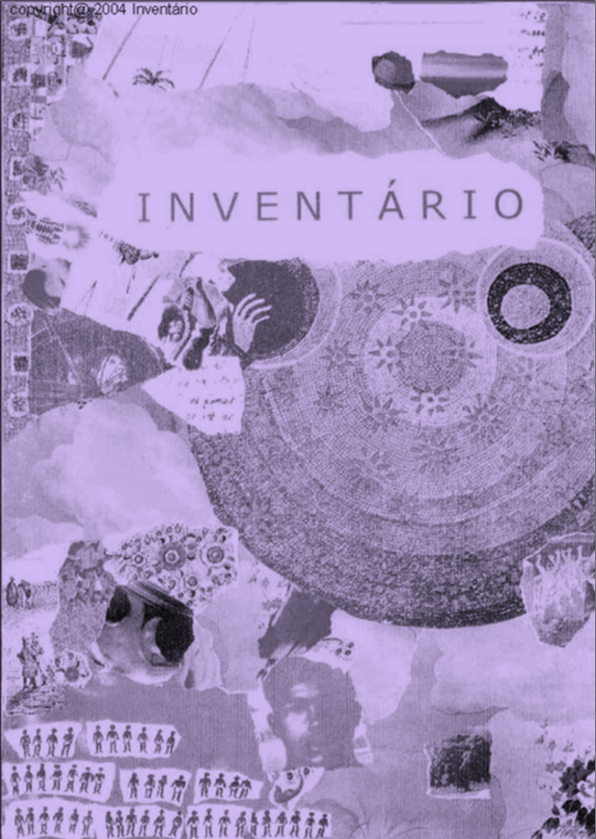A CONSCIÊNCIA METATEXTUAL APLICADA NAS TAREFAS DO EXAME CELPE-BRAS
Keywords:
Consciência Metatextual, Exame Celpe-Bras, Tarefas Integrativas, Gêneros TextuaisAbstract
RESUMO: Este artigo propõe uma investigação a respeito da aplicação de conhecimentos metatextuais, para o cumprimento das tarefas que constituem o Exame Celpe-Bras. Tal exame é aplicado para medir o nível de proficiência em Português de falantes de outras línguas e tem como principal característica a organização em tarefas integrativas, que conduzem à produção de quatro textos, a partir da leitura de textos-base, também chamados de insumos. Tomamos como base o Modelo de Processamento de Texto proposto por Kintsch & van Dijk (1978), no que diz respeito à representação do modelo situacional, que inclui o conhecimento sobre os diversos tipos e gêneros textuais (Kintsch, 1988; Kinttsch & Rawson, 2013). Recorremos à Psicologia Cognitiva para ancorar nossa análise no que definem Tunner e Herriman (1984) e Gombert (1992) ao subdividirem a classificação da consciência metalinguística e considerarem a importância da consciência metatextual, o foco de atenção do indivíduo em relação ao uso da linguagem como objeto e como fonte de análise. O resultado da pesquisa pode ser útil para o aprimoramento das tarefas do Exame e também do processo de preparação dos examinandos, uma vez que o conhecimento metatextual é requisito para a realização das ações orientadas nos enunciados de tais tarefas.
ABSTRACT: This article proposes an investigation about the application of metatextual knowledge, necessary for the fulfillment of the tasks that constitute the Celpe-Bras Exam. This exam is applied to measure the level of proficiency in Portuguese of speakers of other languages and has as main characteristic the organization in integrative tasks, that lead to the production of four texts, from the reading of base texts, also called inputs. Kintsch and Rawson (1978), and Kintsch and Rawson (1978), have developed a model for the processing of texts, which has been proposed by Kintsch & van Dijk (1978) 2013). We have used Cognitive Psychology to anchor our analysis in what Tunner and Herriman (1984) and Gombert (1992) define to the subdivivider in the classification of metalinguistic consciousness and to consider the importance of the metatextual consciousness, the attention focus of the individual in relation to the use of language as object and source of analysis. The research presented here can be useful for the improvement of the tasks of the Exam and also the process of preparation of the examiners, since the metatextual knowledge is a requirement for the fulfillment of the actions that are established in the statements of such tasks.







